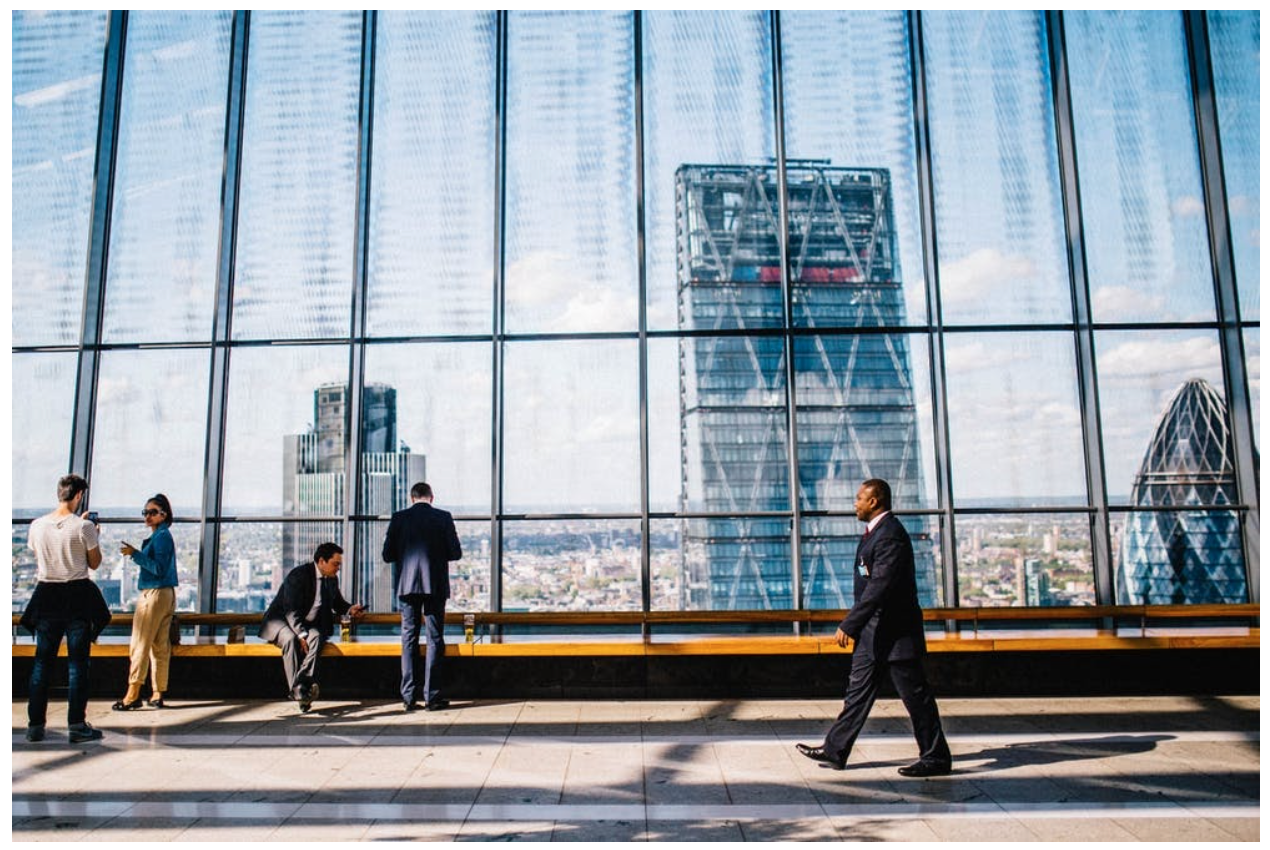Why don’t people act on novel ideas? A lot of it has to do with precedent bias.
Precedent bias has to do with Airbnb, COVID-19, and natural disasters.
It’s important to note that our personal experiences make up an infinitesimal part of what’s happened in the world, but constitute the vast majority of how we think the world works. We’re all biased to our own personal experiences and how our brains process this information.
Understanding precedent bias might help you come up with a business idea. And it can help you understand a lot about society and people.
The case of Airbnb
Today we all know that starting Airbnb was a great idea. Yet, the ingredients needed for it to exist had been around for years before it was created:
- internet access
- regulatory ability, and
- a desire for cheap travel
Why didn’t anyone pull the trigger before? Precedent bias.
Essentially, humans are hardwired to dismiss ideas that miss a precedent.
It’s also why entirely new types of businesses tend to produce the richest people. Take Jeff Bezos (online commerce and cloud computing) and Bill Gates (hardware, software, and later cloud computing), for example.
Of course, a lot of wealth can be created from speculative bubbles, hype, and fraud – like Elon Musk and Tesla or John Law and the Mississippi Company – but isn’t sustainable.
What about COVID-19?
In the early days, nobody would expect the virus would break into a pandemic. The stock market, in January 2020, reacted like it might be similar to SARS in 2003.
But we missed a precedent. And when something lacks precedent, we think it’s not the case to prepare for. Preparing feels like overreacting. It’s embarrassing and hard to justify.
But the countries that had recently fought a similar situation, like South Korea and Singapore with MERS and SARS viruses, reacted quicker.
The idea
Once a precedent is created, accepting the idea gets easier.
If we take every industry, you’ll almost always find examples of companies that apparently did something innovative. Yet, what they did could have been done years before.
Bottom line?
Being aware of the precedent bias helps you identify huge trends that society hasn’t yet accepted, like the internet, cryptocurrencies, or a pandemic.


